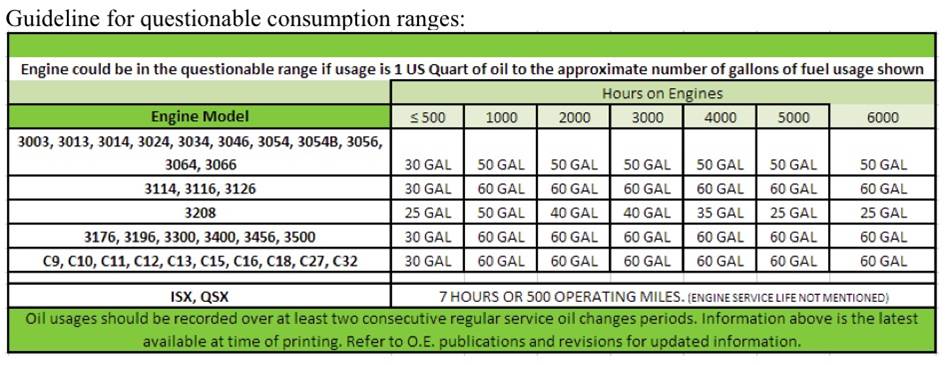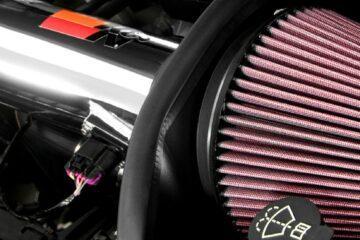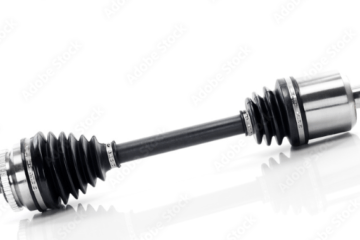In this era of fuel-efficient and hybrid vehicles, one thing is certain; all drivers, if given a choice, would love to save every penny they can on gas consumption. It’s always helpful to be aware of gas-mileage stretching tips, but are you aware if your diesel engine is running at acceptable levels?
Honestly, there is no simple answer to that question. But, there are several identifiable factors that contribute to oil consumption, and if you are able to know these and diagnose if there is a problem or what is causing it, it can save you a lot of money and avoid losing time.
If you would like a better idea, check the table provided in this article (just below this paragraph). It’s a simple guideline comparing the engine usage and acceptable oil consumptions. Be mindful though, that some amounts that are a little less than or beyond those indicated in this table can still be considered within normal standard consumption levels.
Naturally, all engines consume some amount of oil, and as the engine gets older, it would need to run with extra force, and this will lead to increased consumption. But if you have low mileage or low hours, and still you find your oil consumption getting higher, it would be time for a check, or it could be an indication of an imminent engine failure or a shorter engine life.
Such indications that are easier to identify include external oil leaks, nevertheless, these should not be underestimated. A few small external leaks may eventually result in a bigger amount of leaked oil over time, which ultimately may lead to your safety concerns.
For its part, internal oil leaks are harder to identify and relatively more expensive to repair. These can be caused by a number of things, including improper break-in procedures, improperly installed rings, leaking turbo seals, worn valve train components and several others. They may be as simple as having the wrong type of oil, overfilling the crank case or a failing air compressor, but all of these simple problems can similarly cause increased oil consumption.
Of course, the conditions in which you operate play a big role in your oil consumption. So you, as the driver, should consider the following:
- Load factors
- Oil density and additives
- Operating practices and temperatures
- Maintenance programs and practices
- Equipment applications
Whatever you do, just take the time to investigate and know the problem well to save you time and money. In some particular environments, there are higher demands that would contribute to increased oil consumption and perhaps even additional repairs to the engine.
For engine parts or oil-related components, and all other auto parts needs with great discounts, check out Autopartsway.com.




